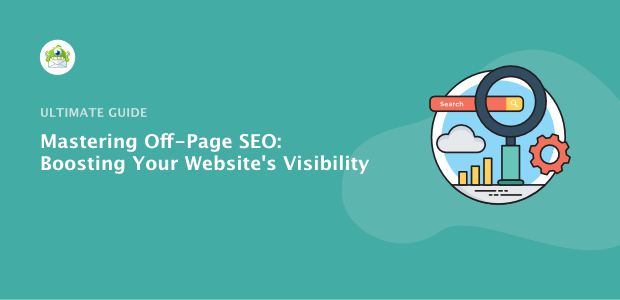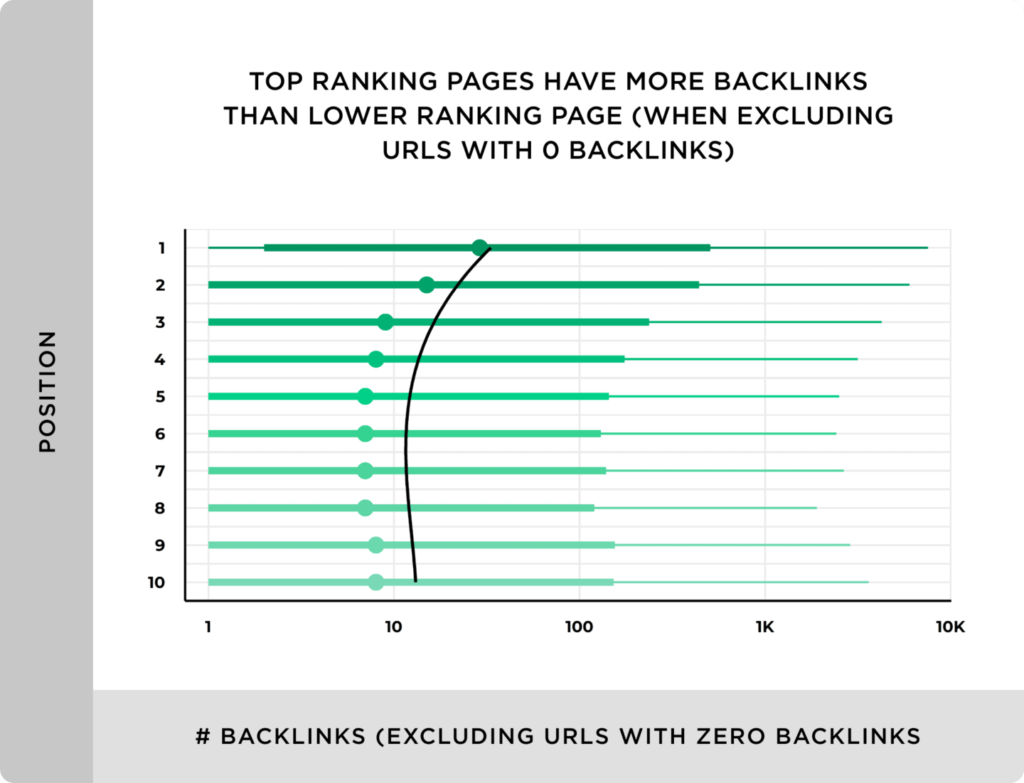What Is off-Page SEO? 15 Proven off-Page SEO Tips to Boost Rankings
Last updated on
August 12, 2024
by

Do you want to know the best off-page SEO techniques for achieving top rankings in Google search?
In the ever-evolving world of search engine optimization (SEO), off-page SEO remains crucial.
While on-page SEO focuses on optimizing your website’s content, structure, and HTML elements, off-page SEO (also called off-site SEO) considers external factors that impact your website’s visibility and credibility in search engine results pages (SERPS).
It includes different strategies for building your online reputation, generating quality backlinks, and boosting your brand’s presence on the web.
In this article, I will share the top most effective off-page SEO techniques that have proven to do wonders for us at OptinMonster and are well-regarded in the industry.
So, without further ado, let’s get started!
Table of content:
- What Is Off-Page SEO?
- Why Is Off-Page SEO Important?
- On-Page SEO vs. Off-Page SEO
- Off-Page SEO Techniques
- Bonus Off-Page SEO Techniques
What Is Off-Page SEO?
Off-page SEO involves actions outside your website aimed at improving search engine rankings. It focuses on building your website’s authority and credibility through tactics like link building and online reputation management.
In layperson’s terms, off-page SEO helps search engines understand what others think about your product, services, or website.
Off-page SEO is crucial in demonstrating your website’s experience, expertise, authoritativeness, and trustworthiness (E-E-A-T) to Google and other search engines. It’s like building your website’s reputation and authority beyond its borders.
Why Is Off-Page SEO Important?
- Improved Search Engine Rankings
- Increased Website Visibility
- Building Online Reputation
- Enhanced User Engagement
You might be thinking, “Why should I bother with off-page SEO when I can focus on optimizing my website?” Well, let us share some compelling reasons:
Improved Search Engine Rankings
Off-page SEO signals, particularly backlinks from authoritative and relevant websites, endorse your website’s quality. Search engines, like Google, value these endorsements and use them as an SEO ranking factor.
In fact, a study by Backlinko found that websites with a high number of backlinks tend to rank higher in search results.


